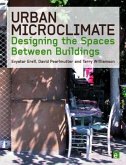
Gebundenes Buch
Designing the Spaces Between Buildings
26. November 2010
Taylor & Francis
| Broschiertes Buch | 49,99 € | |
| eBook, ePUB | 48,95 € | |
| eBook, PDF | 48,95 € |

Broschiertes Buch
Designing the Spaces Between Buildings
26. November 2015
Routledge / Taylor & Francis
Ähnliche Artikel


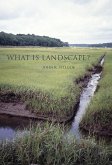
15,99 €
Versandfertig in über 4 Wochen
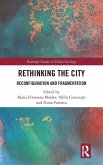
Gebundenes Buch
Reconfiguration and Fragmentation
12. Dezember 2024
Taylor & Francis
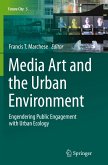
Broschiertes Buch
Engendering Public Engagement with Urban Ecology
Softcover reprint of the original 1st ed. 2015
13. Oktober 2016
Springer / Springer International Publishing / Springer, Berlin
978-3-319-35696-9
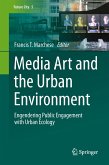
Gebundenes Buch
Engendering Public Engagement with Urban Ecology
2015
12. Mai 2015
Springer / Springer International Publishing / Springer, Berlin
978-3-319-15152-6
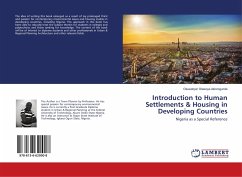
24,99 €
Versandfertig in 6-10 Tagen
Broschiertes Buch
Nigeria as a Special Reference
18. April 2018
LAP Lambert Academic Publishing
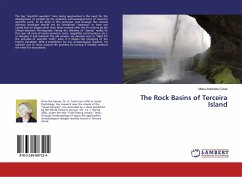
16,99 €
Versandfertig in 6-10 Tagen
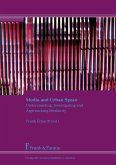
Broschiertes Buch
Understanding, Investigating and Approaching Mediacity
30. Oktober 2007
Frank & Timme / Frank und Timme GmbH
A 142
Ähnlichkeitssuche: Fact®Finder von OMIKRON
